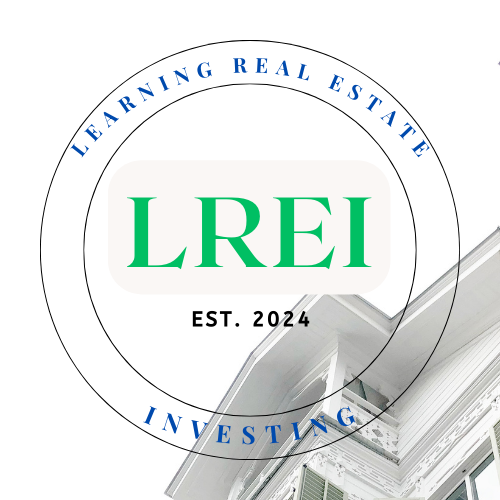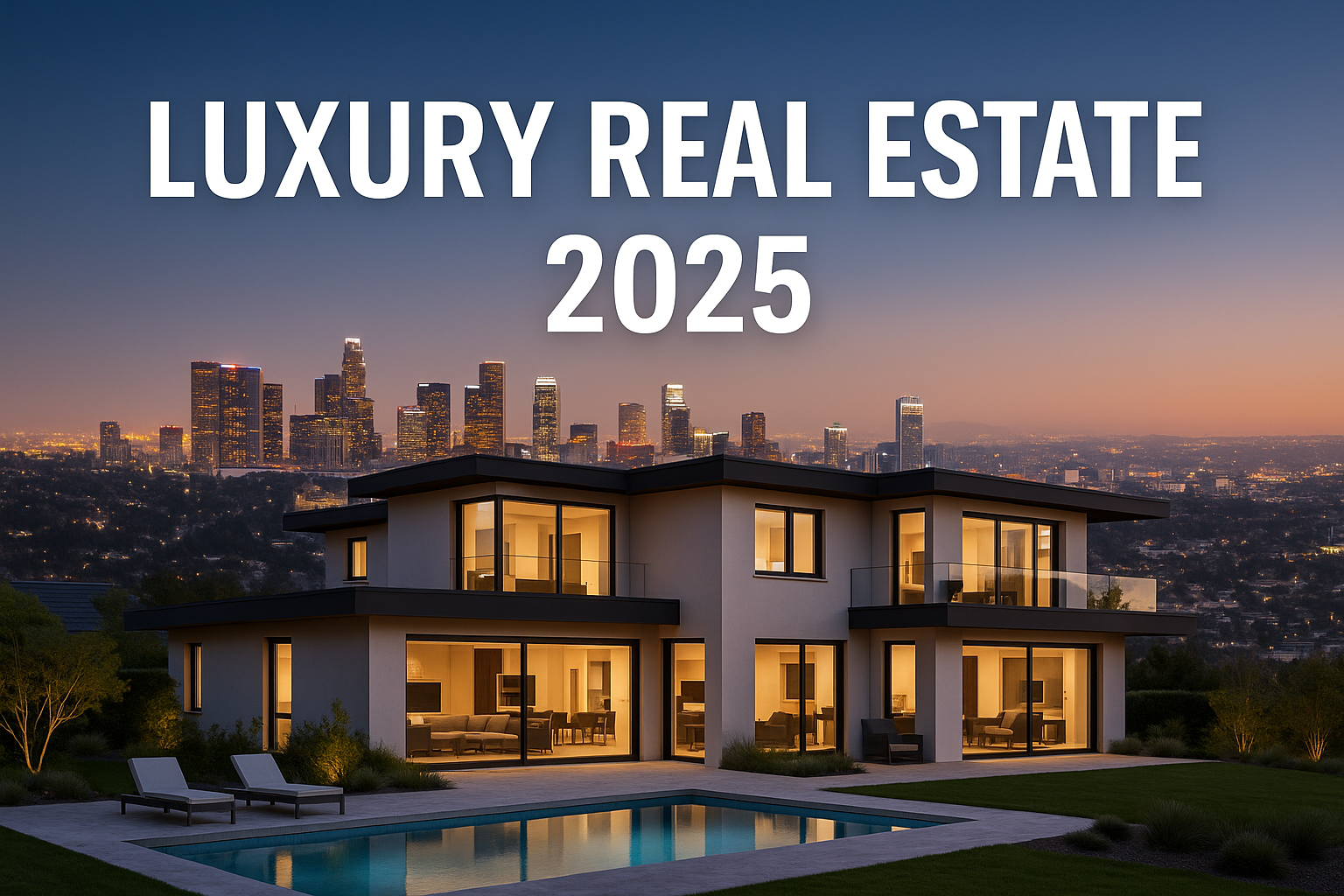Luxury Real Estate Trends and Opportunities in 2025
High-end homes are evolving. Here’s what defines luxury today—and how investors can profit in the 2025 market.
Luxury real estate has always been about exclusivity, but in 2025, exclusivity looks different. Buyers aren’t just purchasing homes; they’re buying lifestyle statements. From eco-friendly penthouses to private wellness retreats, luxury properties reflect cultural shifts, global wealth flows, and technology-driven expectations.
Want to learn how to evaluate high-end deals step-by-step?
What Defines Luxury in 2025?
The definition of “luxury” is expanding. Square footage and location matter, but modern buyers are prioritizing:
- Sustainability: Green certifications, solar panels, energy-efficient systems, and eco-friendly building materials.
- Smart technology: AI-powered security, integrated home automation, and climate control systems.
- Wellness amenities: Private gyms, spas, yoga studios, and meditation spaces are becoming must-haves.
- Privacy & exclusivity: Gated communities, private access, and secure digital entry systems.
- Global aesthetics: Designs blending international influence, catering to wealthy foreign buyers.
Luxury Market Trends
Several forces are shaping luxury real estate demand in 2025:
- Coastal and resort markets: Places like Miami, Malibu, and Hawaii continue to attract wealthy buyers looking for lifestyle-driven purchases.
- International buyers: Investors from Asia, Europe, and the Middle East see U.S. luxury properties as safe-haven assets.
- Wellness-centric living: The pandemic accelerated demand for home wellness features, and buyers now expect on-site gyms, spas, and relaxation spaces.
- Smart luxury condos: Developers in urban hubs are competing with cutting-edge technology and eco-friendly features.
Investment Opportunities in Luxury Real Estate
High-end real estate investing isn’t just about prestige—it can be highly profitable. Key strategies include:
1. Luxury Flips
Renovating and reselling luxury homes can produce six-figure profits. Success requires understanding what affluent buyers demand: open layouts, designer kitchens, spa-like bathrooms, and smart tech integration.
2. Short-Term Luxury Rentals
Platforms like Airbnb Luxe cater to high-net-worth travelers. A luxury vacation home in Aspen, Palm Springs, or the Hamptons can generate massive seasonal cash flow.
3. Long-Term Appreciation
Prime luxury properties often outperform during inflationary cycles. Holding a high-end condo in New York or Miami for 5–10 years can result in major capital gains.
4. International Demand Arbitrage
Foreign investors are willing to pay premiums for U.S. properties in politically stable markets. Catering to this demand can unlock higher sale prices.
For a detailed guide on analyzing luxury ROI, check the free ebook here.
Risks of Luxury Investing
Luxury isn’t risk-free. Investors must consider:
- Economic sensitivity: Luxury demand falls sharply in recessions.
- Carrying costs: Taxes, insurance, and maintenance are significantly higher.
- Niche demand: Luxury buyers are fewer in number, making properties harder to sell quickly.
- Market saturation: Overbuilding of luxury condos in certain metros can hurt resale value.
Emerging Niches in Luxury Real Estate
Some sub-segments are gaining traction in 2025:
- Eco-luxury villas: Combining sustainability with high-end finishes for wealthy eco-conscious buyers.
- Wellness retreats: Homes designed as holistic sanctuaries, with saunas, spas, and meditation gardens.
- Smart mansions: AI-powered estates where lighting, climate, and entertainment are automated.
- Fractional luxury ownership: High-net-worth individuals buying shares in vacation estates through blockchain-based platforms.
Action Steps for Luxury Investors
- Research luxury buyer demographics in your target city.
- Prioritize properties with eco and wellness features—they sell faster.
- Build relationships with brokers specializing in high-end clientele.
- Factor in holding costs—luxury homes take longer to sell.
- Diversify: pair luxury flips with long-term appreciation plays.
Investor Bonus: My free guide explains how to spot luxury opportunities before they hit mainstream awareness.
Conclusion
Luxury real estate in 2025 is evolving. Buyers want eco-conscious homes, wellness features, smart technology, and exclusivity. For investors, the opportunities are vast: flips, rentals, appreciation, and catering to international demand.
Luxury investing isn’t for everyone—it requires capital, patience, and market insight. But for those who understand the psychology of high-end buyers, it can unlock six-figure profits and long-term wealth.


Leave a Reply